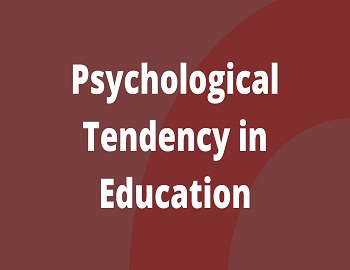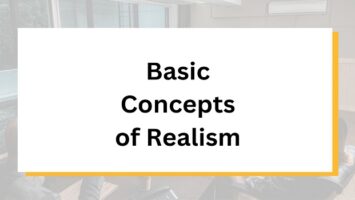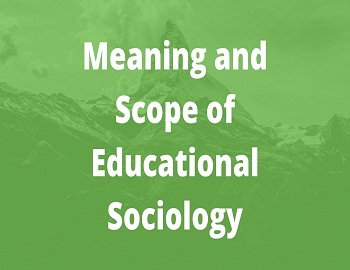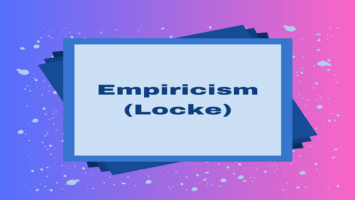Philosophy and Aims of Education:
Education must have an aim for it gives direction to the educative effort and makes the whole process of education meaningful. But the aims of education are related to the aims of life and the aims of life are the creations of the philosophy of a certain time. Thus the aims of education depend on the philosophy of life that prevails at that time. Different philosophers, in view of their own thinking keeping into consideration the demands of the society of their times, have formulated different aims of life and education has always tried to achieve those aims and different goals of education. Thus as the aims of life change, the aims of education also change accordingly. As such, we can have a general estimation of the aims of education at some time by knowing the philosophy of life at that time.
Ancient Period- There is also a historical relationship between the aims of education and philosophy. In ancient Sparta state, the ideal was to defend the country’s honor and hence the aim of the Spartan system of education was to prepare citizens to be soldiers and patriots. Education tried to inculcate in children virtues of patriotism, courage, fearlessness, bodily powers, strict discipline, and a spirit of self-sacrifice at the call of the state. On the other hand, the Athenian system of education aimed at the cultural development of each individual, in conformity with the Athenian philosophy of that era. In ancient India, religion was regarded as most essential. The aim of life was to perform all world duties and then achieve salvation from world ties of rebirth. Hence education, during those days, was organized to attain happiness, bliss, and in the end salvation.
Medieval Period- During the medieval times, the aims of life changed and so the aims of education also changed accordingly. In India, the chief aims of Muslim education included-
- Propagation of Islam.
- Spread of education among Muslims.
- Development of morality.
- Achievement of material well-being.
- Propagation of Shariyat.
- Building of character.
In Europe, the Reformation and Renaissance criticized the infallibility of catholicism. The aims of education also changed accordingly. Education was to develop critical insight and reasonableness in all beliefs and activities. It was expected of education to demolish all blind beliefs and mechanical rituals.
Modern Period- The philosophy of life again changed in the modern period. As a result, revolutionary changes began transforming education. At present all nations of the world are organizing their educational systems according to their needs and ideologies. In democratic countries, the aims of education are the inculcation of democratic values and the promotion of democratic principles. On the contrary, in countries where communism, fascism, or other kinds of despotism prevail as a political ideology, education is so organized as to promote absolute obedience, blind beliefs, and rigid discipline in children. During the British rule in India, the purpose of education was to prepare native clerks to run the administrative machinery efficiently. After the attainment of independence in 1947, the aim of life or society was to establish socialism through democracy, and the aim of education was also to equip future citizens to achieve that aim. It was due to these situations that Ross remarked, “The educational aim and methods are corollaries of philosophical doctrines.” We may, therefore, conclude that the changing philosophy of a nation always brings about corresponding changes in the aims of education.









Comments (No)